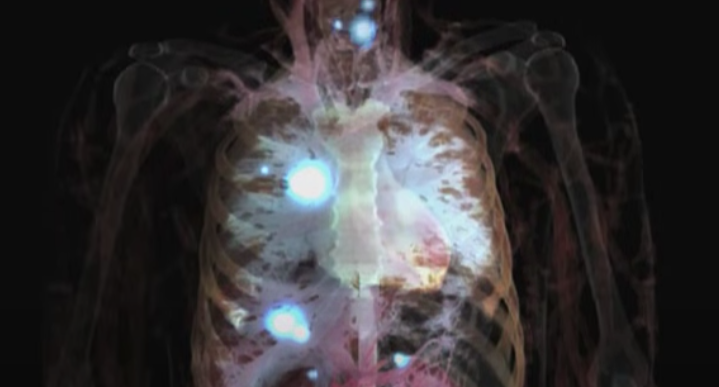
Research is shedding new light on the causes of serious side effects linked to some promising cancer treatments.
Scientists have discovered that the protein MCL-1, a key target in cancer drug development, plays not only a role in preventing cell death in cancer cells but also supplying energy to normal cells, according to a statement released Tuesday by Walter and Eliza Hall Institute of Medical Research (WEHI) in Melbourne.
As a result, drugs that inhibit MCL-1 can inadvertently damage healthy tissues that rely on this protein for energy, especially in organs with high energy demand like the heart and liver, leading to the severe side effects observed in clinical trials, WEHI said.
The new findings clarify that these side effects may be linked to the protein's critical role in cellular energy production, which enables the development of safer, more targeted cancer therapies that reduce harm to healthy tissues while staying effective against cancer.
"If we can direct MCL-1 inhibitors preferentially to tumor cells and away from the cells of the heart and other healthy tissues, we may be able to selectively kill cancer cells while sparing healthy tissues," said the study's co-senior researcher Andreas Strasser, a WEHI laboratory head.
The study, published in Science, also paves the way for safer combination therapies by enabling smarter dosing and pairing of MCL-1 inhibitors with other treatments to reduce toxicity.














